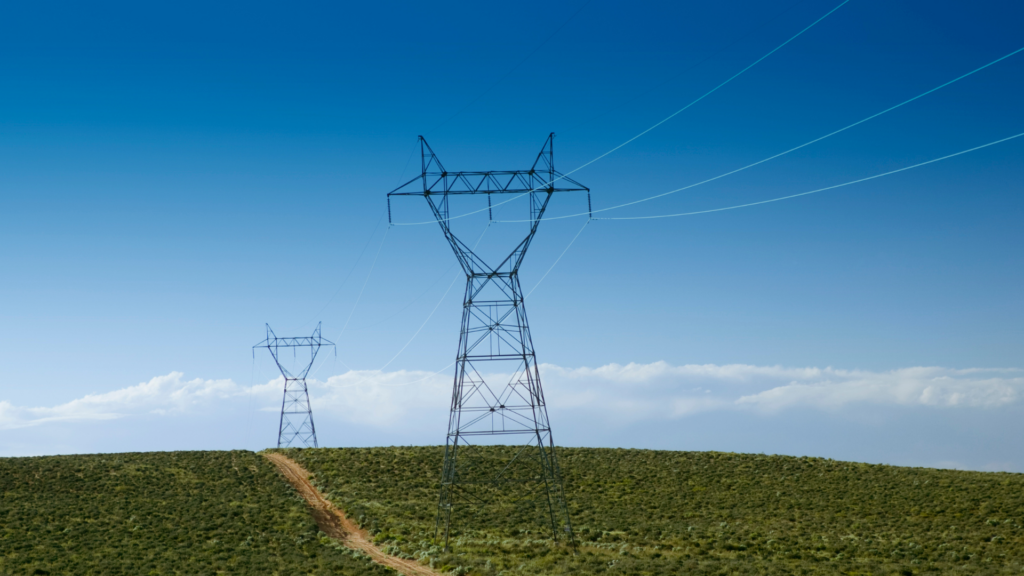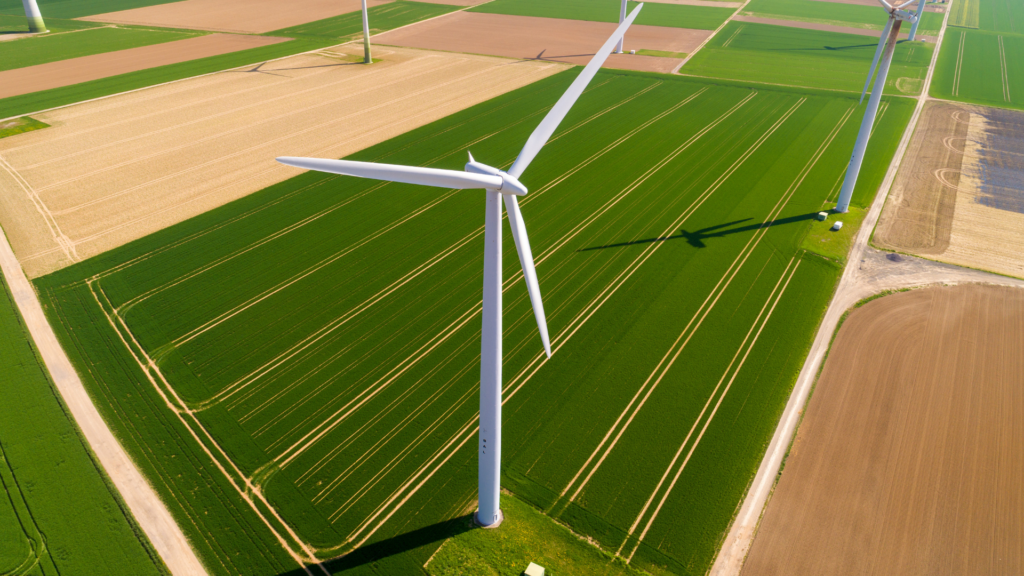18.06.2021 / Press Releases
Recovery and Resilience Facility: Too Little Attention and Funding for Energy Storage Solutions
On 18 June 2021, EASE - the European Association for Storage of Energy, together with 12 national energy storage associations* active across Europe, has written to the European Commission to express concern about the lack of attention and funding for energy storage technologies in the Recovery and Resilience Plans (RRPs) submitted by EU Member States.
The associations are urging the European Commission to carefully review the national plans to ensure that they meet the 37% climate spending target and to consider whether they devote sufficient funding for energy storage solutions.
Having reviewed the 23 RRPs submitted to date, many plans appear to fall short of the climate ambitions of the European Union. Too little attention and funding is dedicated to the energy storage sector: many Member States make no mention of energy storage in their plans, while others single out a small number of energy storage solutions for funding, rather than taking a technology neutral approach.
Given the importance of energy storage for achieving the EU Green Deal priorities, investments in this sector should be prioritised by the Recovery and Resilience Facility. The European Commission, in its review process, is asked to recommend that plans include targets for energy storage deployment, explicitly earmark funding for energy storage projects, and dedicate funding to the introduction of new policies and support schemes for clean energy technologies and flexibility providers.
“The European Commission estimates that between €100 and €300 billion will be needed to finance new energy storage systems to meet flexibility needs and ensure security of supply in the EU up to 2050. The RRF should contribute some of this much-needed funding. This is why we urge the Commission to carefully review the RRPs already submitted, and prioritise investments in energy storage,” said Patrick Clerens, Secretary General of EASE.
When reviewing the Plans, the European Commission should seek to increase the level of ambition and motivate all EU Member States to make the most of the unique opportunity offered by the Recovery and Resilience Facility. The energy storage sector is ready to play its part to accelerate the transition to a net-zero energy system and will continue to engage with EU and national policymakers to ensure that the EU Green Deal and COVID-19 Recovery policies can help unleash the potential of energy storage technologies.
*AEPIBAL (Spain), AKU-BAT CZ (Czechia), APSTE (Bulgaria), ASEALEN (Spain), ATEE (France), BVES (Germany), EASE (EU), Elettricità Futura (Italy), ENERGYIN (Portugal), Energy Storage Ireland, Energy Storage NL (Netherlands), PIME (Poland), Slovak Battery Alliance.




